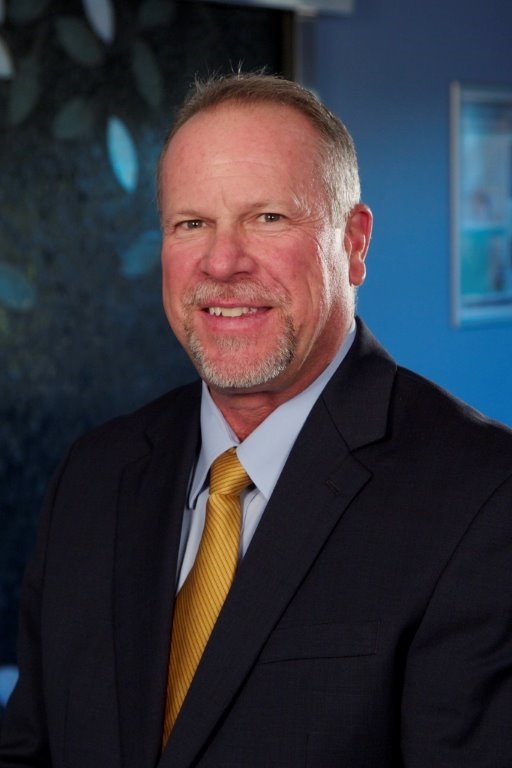Neurosurgeon Thomas Scully, MD, of Northwest NeuroSpecialists in Tucson, Ariz., discusses the evolution of neurosurgery, how value-based care will affect the field and major challenges he faces as a neurosurgeon.
Question: How has the neurosurgery field evolved in the last decade?
Dr. Thomas Scully: Neurosurgery has undergone many significant changes in the past 10 years. I started private practice in 1994. In many ways, it is a completely different landscape. First, imaging, especially MRI proliferation, has allowed us to see far more pathology than we may have thought existed. This is great, but double edged. Patients receive their reports and immediately assume that a radiographic diagnosis is equivalent to a clinical diagnosis. Much of my office visit is spent explaining why an annular tear visualized by the radiologist is unimportant in their care. Additionally, intraoperative imaging allows for more accurate instrumentation. Image-guided spinal procedures reduce risk to patients and reduce radiation to surgeons and staff when utilized appropriately.
Motion-preservation technologies in spine are also a great addition to our armamentarium. Cervical disc replacement and the Coflex device come to mind. I use both technologies in my practice.
Q: How do you think value-based care will impact the neurological surgery field?
TS: Value-based care is here to stay. MACRA implementation and pay-for-performance will open up new cottage industries to help surgeons recover lost reimbursements. A potential downfall for patients is rationing. Smokers, diabetics and obese patients may not get operations because their results are potentially less good than those patients without such diagnoses.
Q: What core challenges have you faced in your career as a neurosurgeon?
TS: The core challenges facing me are numerous. Electronic health records and computerized physician order entry in my hospital are labor and time intensive. In addition, they are cumbersome and, frankly, dangerous to patient care. They are not ready for prime time, but, government mandates force them. It is but one example of loss of control. As a private practitioner/owner, it is becoming difficult to keep up with the endless maze of bureaucratic regulations. ACA architects clearly wished to see the end of private practice, especially smaller groups. As Becker's referenced yesterday, there has been an 83 percent increase in hospitals buying physician practices. I, for one, have no desire to work for my hospital.
Neurosurgery is hard enough clinically, technically and it is ever changing. Adding more bureaucracy and rules to discern when I could better spend my time learning new techniques is counterproductive.
Having said all this, one thing remains true. I am blessed to be able to do what I do. I have wonderful, grateful patients. I absolutely love being in the operating room. Surgery is like comfort food for my soul.
Learn more from Dr. Thomas Scully at the 15th Annual Spine, Orthopedic & Pain Management-Driven ASC Conference + The Future of Spine in June 2017! Click here for more information.


